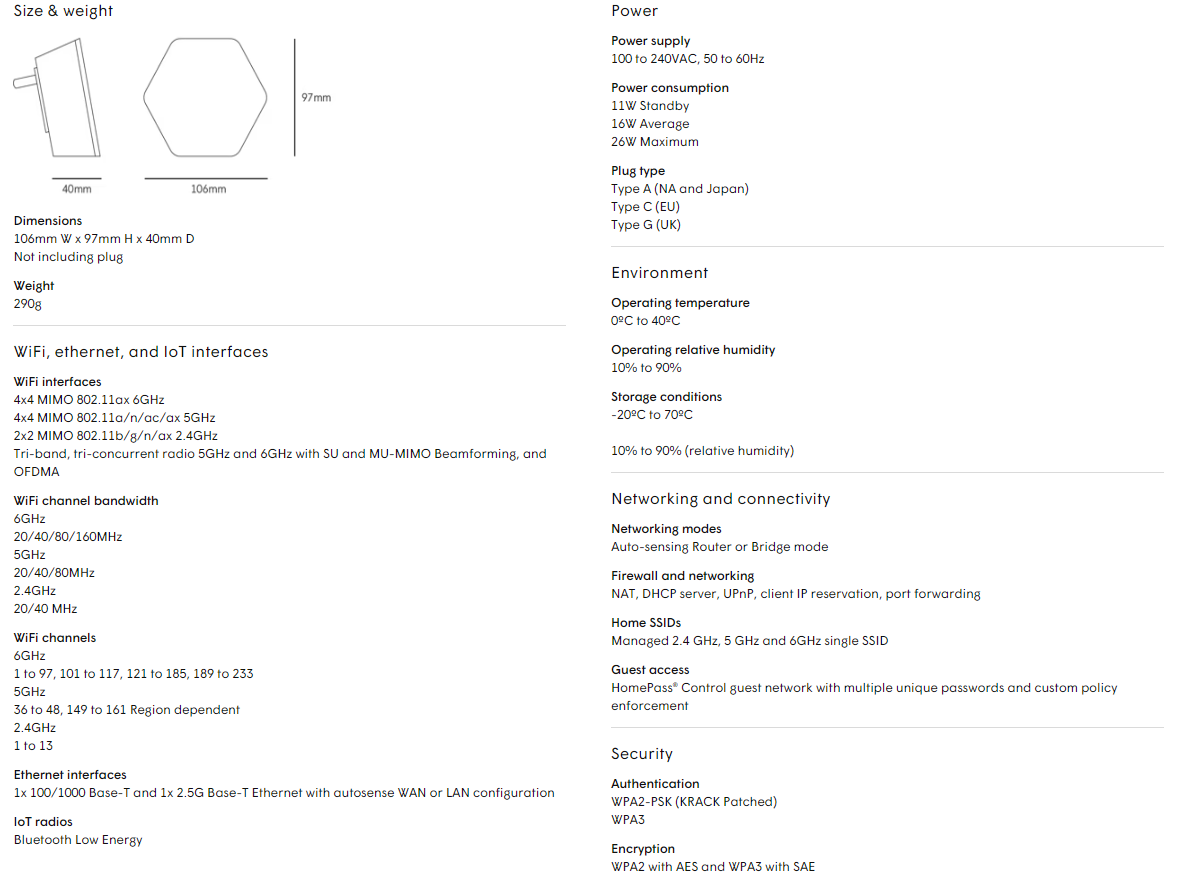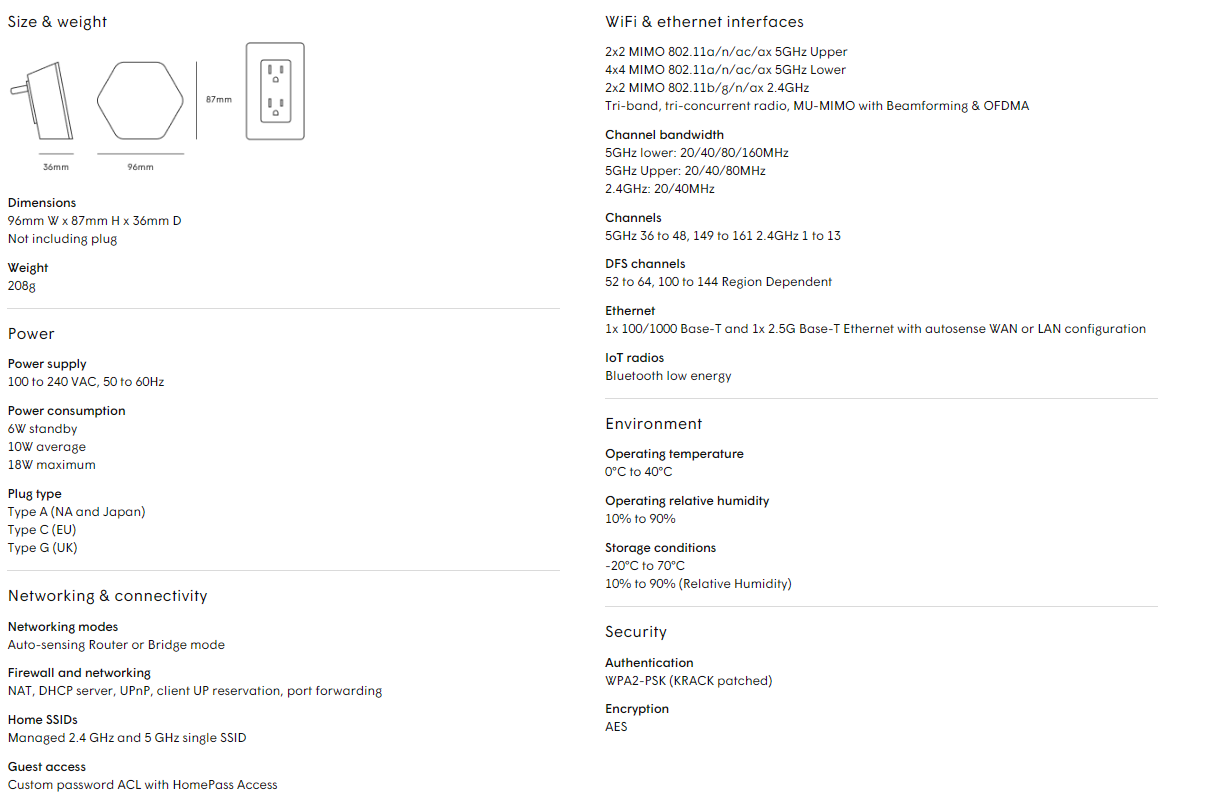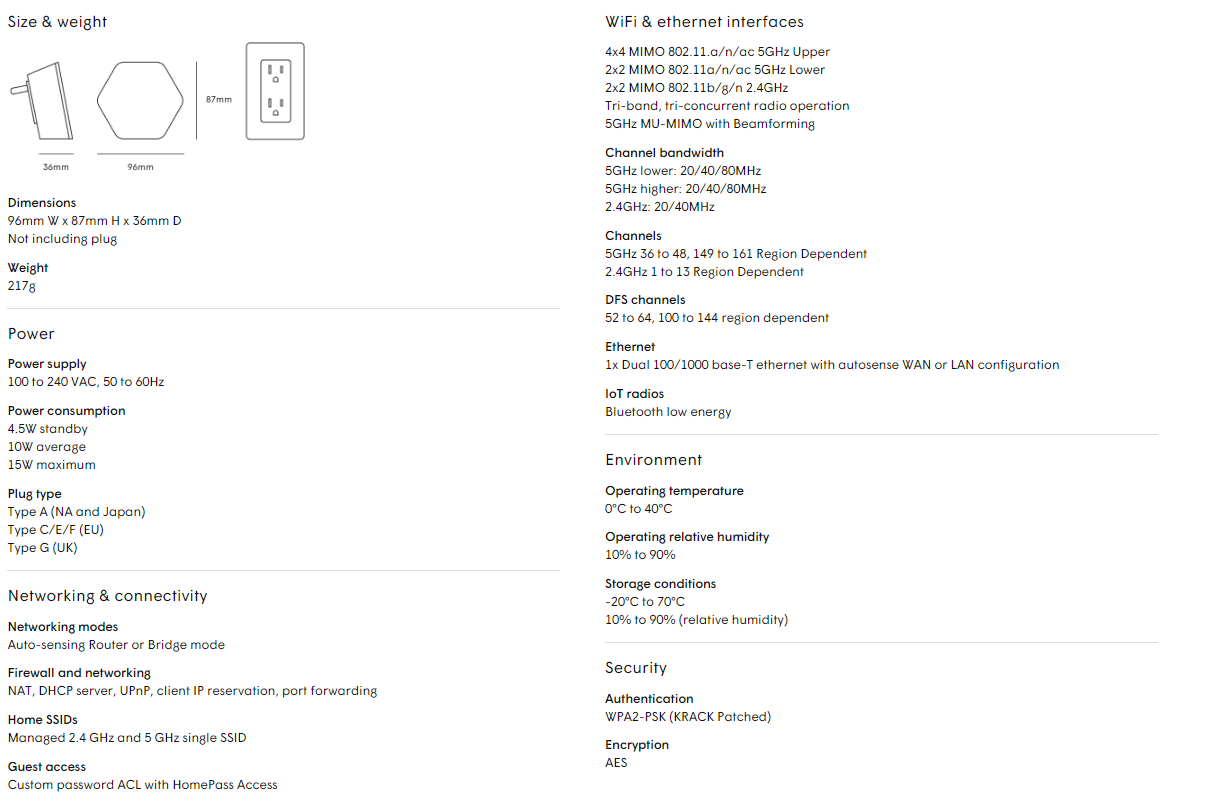In a new scam, cybercriminals have been using compromised Facebook accounts to send links to fake login pages. This scam is gaining popularity, with over eight million people viewing just one of the phishing pages so far this year.
In this scam, cybercriminals hack users’ Facebook accounts and then use these accounts to send messages to the users’ Facebook friends. When a user clicks on a link from one of these messages, they are directed to a fake Facebook login page. On this page, the user is asked to enter their email and password to verify their credentials.
If you fall for this scam, any credentials that you share will be delivered directly to the cybercriminals. The cybercriminals could then log in to your Facebook account and send similar links to your Facebook friends. It’s important to remember that cybercriminals can also use ad tracking tools to receive money from visits to these pages. They profit from every click!
Follow these tips to stay safe from phishy messages:
- Hover your mouse over links before you click. Watch out for links that are suspiciously long or show a domain for a different website than the website you want to visit.
- If you receive a suspicious Facebook message, reach out to your Facebook friend by email, text message, phone call, or another app. If they didn’t send you the message, let them know that their account has been hacked and they should change their password immediately. Do not reply to the suspicious message.
Stay informed about the latest scams and how you can stay safe. Information is one of our most powerful tools against cybercriminals.
Stop, Look, and Think. Don’t be fooled.
Protect your network! Learn more about security awareness training for your team.








